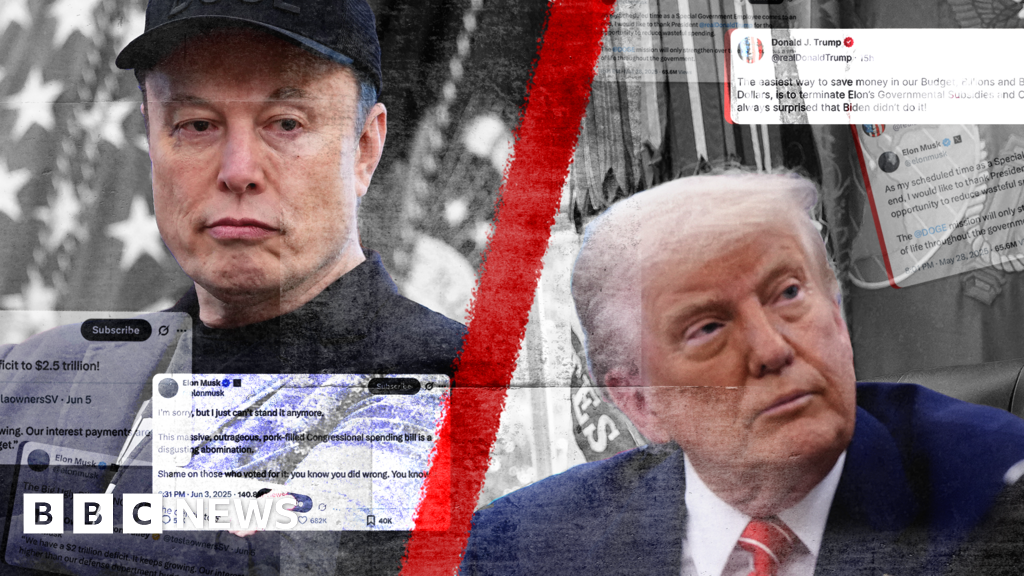2025 New U.S. Travel Updates: Trump's Full and Partial Restrictions on Afghanistan, Myanmar, Iran, Venezuela and Fifteen More Countries
Friday, June 6, 2025

On June 4, 2025, President Donald Trump signed a new proclamation reinstating and expanding the U.S. travel ban, which affects nationals from 12 countries, including Afghanistan, Myanmar, Iran, Venezuela, and several others.
The ban also imposes partial restrictions on seven additional countries, signaling a broader crackdown on immigration and national security concerns. Effective June 9, 2025, the restrictions are aimed at addressing issues such as inadequate vetting processes, high visa overstay rates, and insufficient cooperation on deportations. This move has significant implications for both travelers and diplomatic relations across the globe.
The reinstated travel ban has evolved since its original version in 2017, in which seven Muslim-majority countries were targeted, leading to widespread controversy, confusion, and protests at U.S. airports. The latest iteration is seen as a response to lessons learned from the earlier ban, as experts in U.S. immigration law have pointed out several key differences. According to Christi Jackson, an expert from Laura Devine Immigration, the 2025 ban is designed to be more legally robust, with a clearer scope and defined exemptions that aim to avoid the chaotic implementation seen in 2017.
The following countries face a complete ban on entry for their nationals. This means that individuals from these countries will be denied entry to the U.S. for any purpose, including tourism, business, or study. The ban will impact not only individual travelers but also international relations and business ties:
These countries were selected based on concerns related to national security and inadequate cooperation with U.S. authorities on border security and deportation matters. Additionally, some of the countries have been identified as having inadequate vetting processes for travelers seeking to enter the U.S. According to U.S. officials, these restrictions are necessary to protect the country from security threats.
For the following countries, the U.S. has imposed partial restrictions. These restrictions mainly target certain types of visas, including immigrant and non-immigrant visas, which are typically used by individuals seeking to live, work, or study in the U.S. The ban will also affect some business and tourist visa holders:
While nationals from these countries may still be able to enter the U.S. for short-term visits under specific circumstances, their ability to secure long-term visas or immigrate to the U.S. will be severely limited. These restrictions are part of the broader effort to enhance border security and ensure that individuals coming from these nations are properly vetted.
The travel ban is not absolute, and the U.S. government has outlined several exemptions to mitigate the negative impact on certain groups. These exemptions aim to address humanitarian concerns while ensuring that national security is not compromised:
These exceptions reflect the U.S. government’s intent to maintain strong national security measures while not unnecessarily harming individuals with legitimate ties to the U.S. or international commitments.
Christi Jackson, a leading expert in U.S. immigration law, has highlighted key differences between the 2025 travel ban and the previous 2017 ban. According to Jackson, one of the major differences is that the new restrictions will not be implemented immediately. This delay allows for a more measured approach, giving both U.S. citizens and affected nationals time to prepare for the new rules.
Additionally, Jackson notes that the 2025 ban is “wider in scope” compared to the 2017 version, which focused primarily on Muslim-majority countries. The 2025 ban targets a broader range of nations based on security concerns, rather than religious or cultural factors. Jackson also points out that the new ban includes “clearly defined” exemptions, a contrast to the confusion that characterized the original ban, where individuals were often left uncertain about their eligibility for entry.
Despite these changes, the new ban is likely to face legal challenges. Jackson suggests that any legal action could center on the argument that the restrictions are politically motivated rather than based on genuine national security concerns. Critics argue that the ban may be used as a political tool to target specific countries, rather than addressing legitimate security risks.
The announcement of the U.S. travel ban has sparked strong reactions from affected countries and international organizations:
These reactions underscore the broader diplomatic implications of the U.S. travel ban, with some countries accusing the U.S. of acting unilaterally and unfairly.
President Trump’s 2025 travel ban represents a significant shift in U.S. immigration policy, with far-reaching implications for both national security and international relations. While the administration justifies the ban as necessary to protect the country from security threats, the global reactions and legal challenges suggest that the policy will continue to be a point of contention. As countries like Afghanistan, Myanmar, and Venezuela react to the ban, and as legal experts examine its motivations, the full impact of these travel restrictions remains to be seen. For now, the 2025 U.S. travel ban stands as a major development in the ongoing debate over immigration, national security, and diplomacy.











